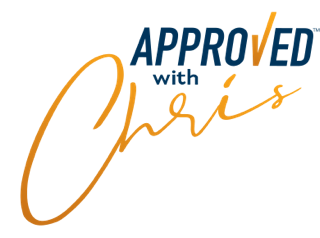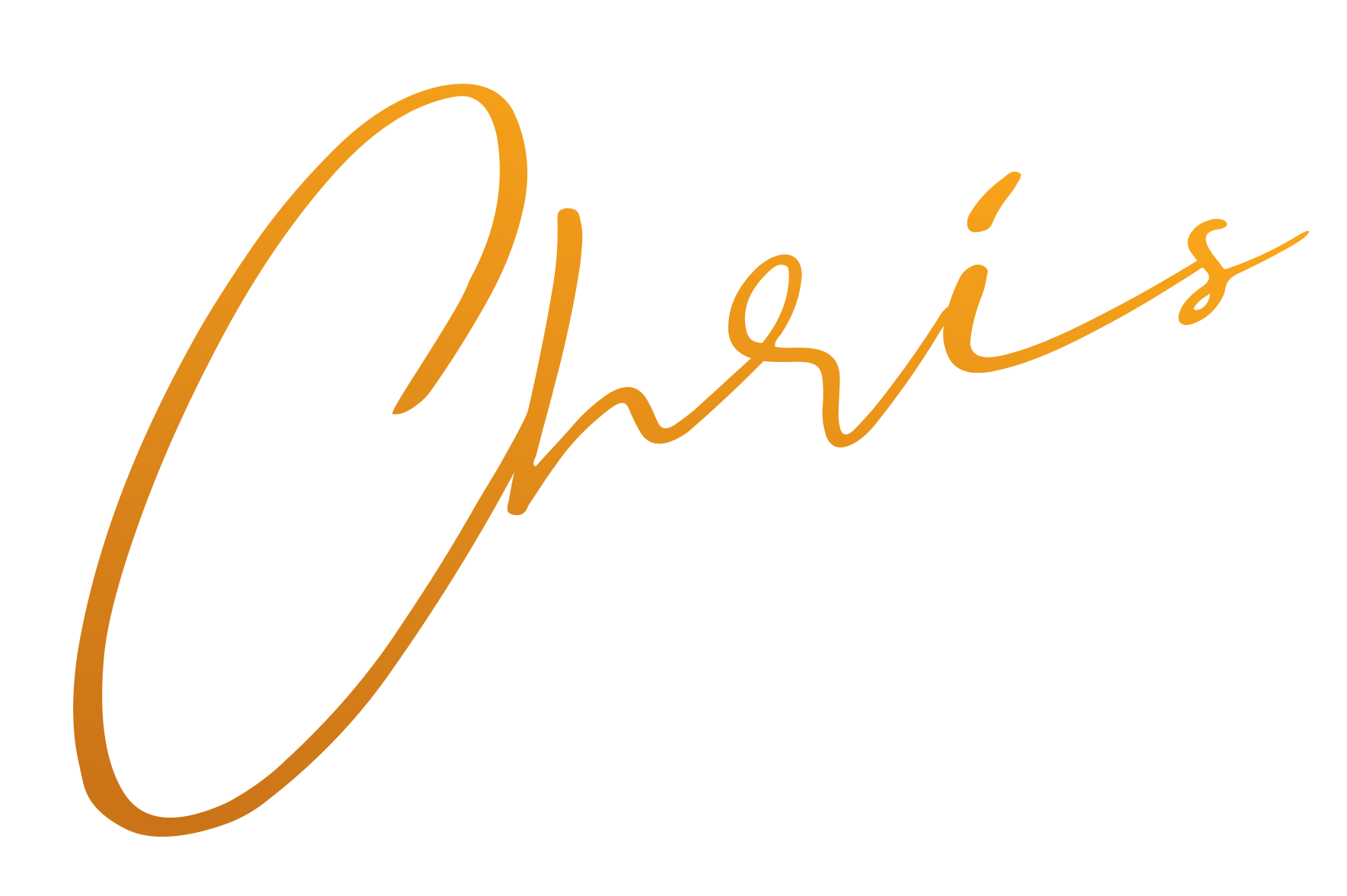New Mortgage Rules and CMHC Updates: A Guide for First-Time Buyers
In Budget 2024, the Canadian government introduced significant changes to help first-time homebuyers by extending mortgage amortization periods up to 30 years for those purchasing newly built homes. Effective August 1, 2024, this change will help ease monthly mortgage payments, making homeownership more accessible.
Key Eligibility Criteria for First-Time Buyers:
- First-Time Buyer Status: At least one borrower must qualify as a first-time homebuyer, meaning they have either never owned a home, haven't lived in a home they owned in the past four years, or recently went through a marriage breakdown.
- Newly Built Homes: The property must be a newly constructed home that has never been occupied.
These extended mortgages will only apply to high-ratio mortgages (loans covering more than 80% of the home’s purchase price) and are limited to owner-occupied properties. All other mortgage insurance eligibility criteria remain unchanged.
CMHC’s New Amortization Rules for Market MLI and MLI Select Programs
The Canada Mortgage and Housing Corporation (CMHC) has also introduced changes. As of June 19, 2024, the maximum amortization period for new construction market projects will increase from 40 years to 50 years. Additionally, the maximum period for re-amortization (for default management) will extend to 55 years for loans under the MLI Select Program.
These changes aim to encourage the construction of more rental housing units while managing housing affordability. CMHC’s modifications also include updates to energy efficiency criteria, lowering the maximum points from 100 to 50 based on energy efficiency, which means developers may need to shift focus toward affordable units to receive maximum benefits.
Changes to "Use of Funds" and Refinancing
CMHC has lifted restrictions on how refinanced funds can be used, reverting to pre-2020 rules. This allows non-approved lenders to offer bridge loans, creating more flexibility in financing options.
Environmental Site Contamination Policies
In response to industry practices, CMHC is reviewing its environmental site contamination policies. For now, projects with known site contamination will be accepted under conditional approval, pending a contamination-free site confirmation.
Why These Changes Matter
For first-time homebuyers, the ability to spread mortgage payments over 30 years is a welcome relief in today’s housing market, particularly for newly built homes. These changes are designed to improve housing affordability and supply, especially for younger Canadians looking to purchase their first home.
Meanwhile, CMHC’s new rules around extended amortizations and energy efficiency adjustments will have a significant impact on developers, especially those focused on building rental properties or using energy-efficient technologies in their projects.
If you're considering buying a home or developing a property, these changes could impact your strategy. To fully understand how these updates may apply to your situation, it's important to consult with a mortgage expert who can offer personalized advice.
Want to know how these changes could affect your home buying or property development plans? Book a call with a mortgage expert today to explore your options!







